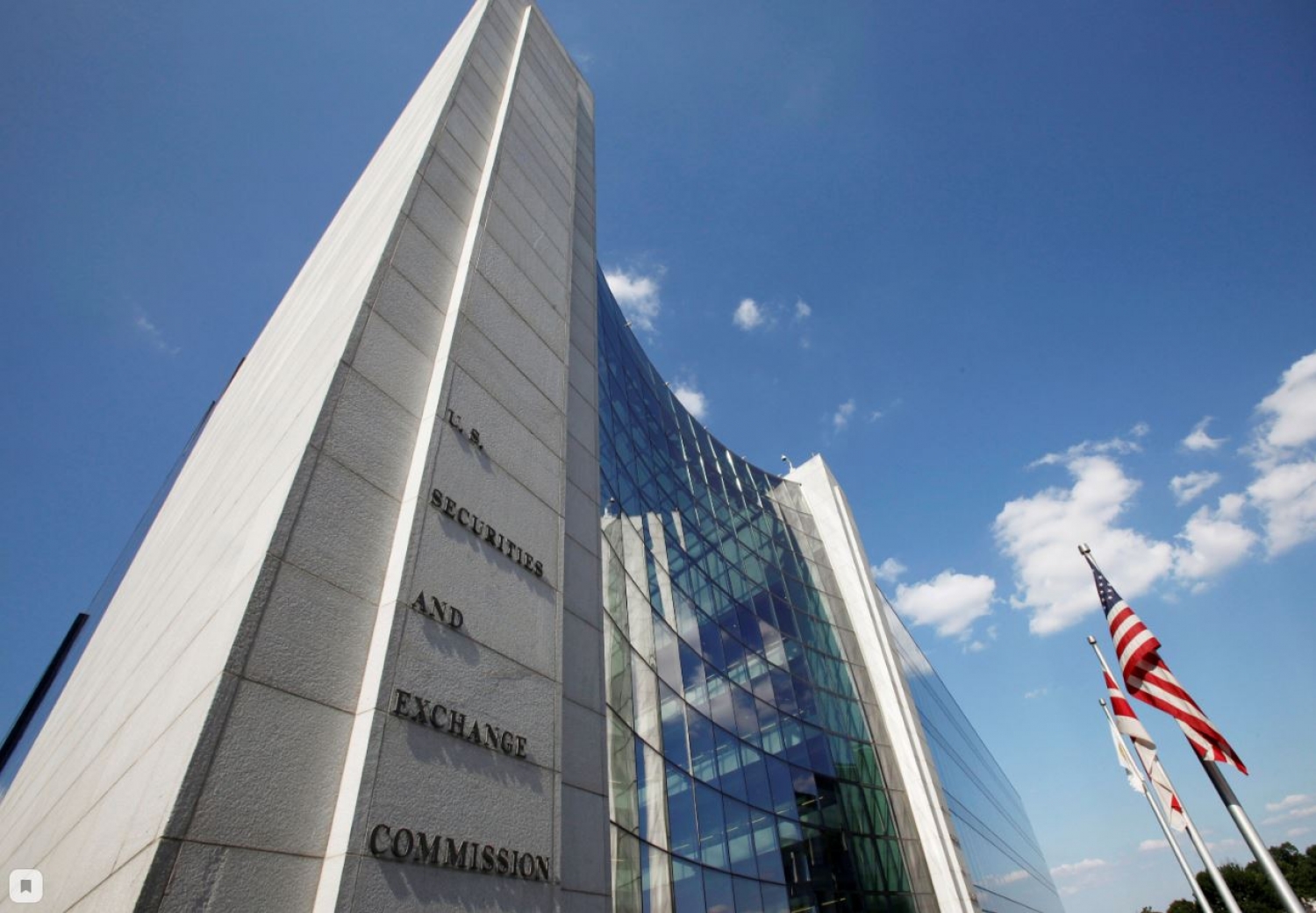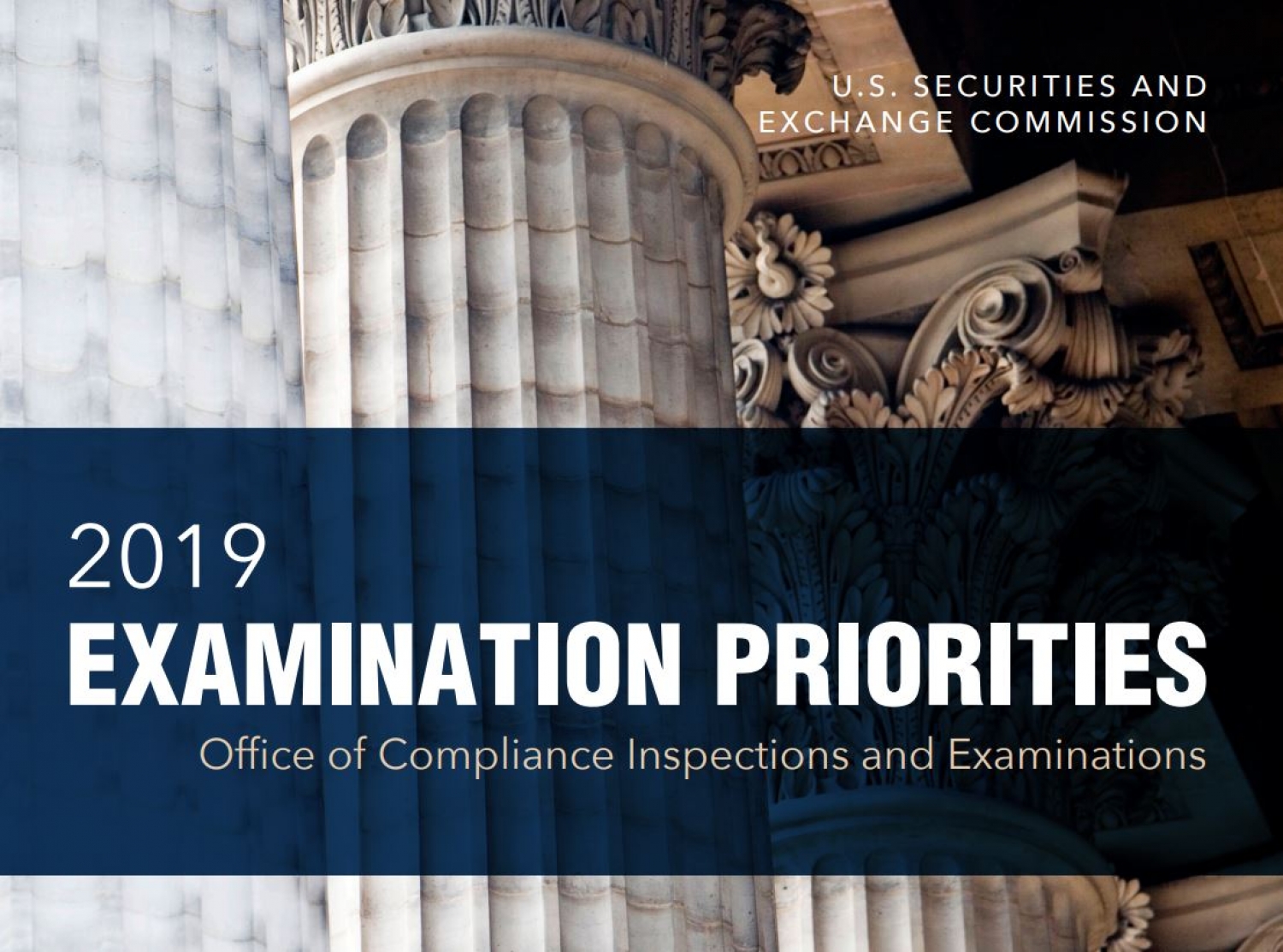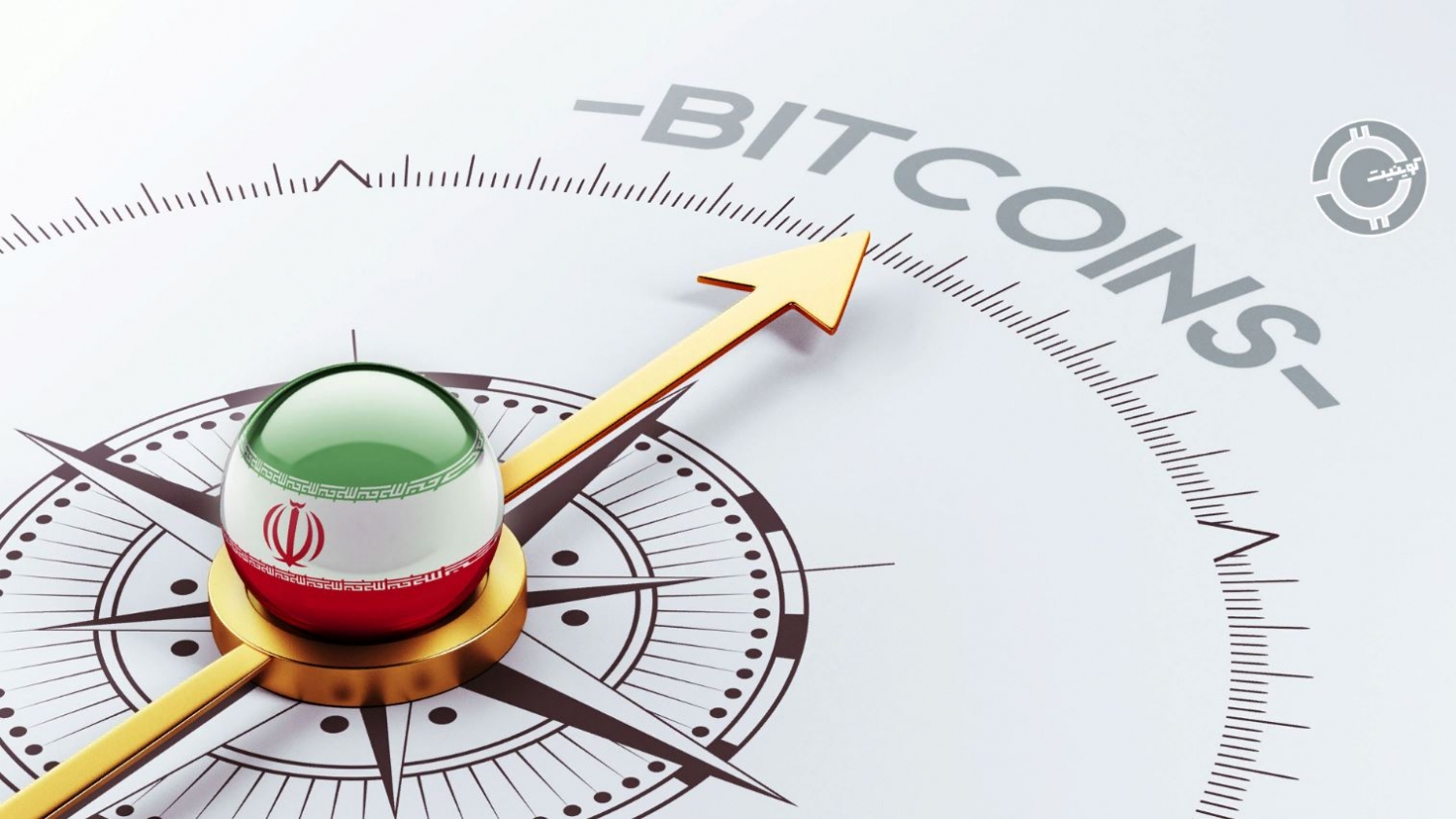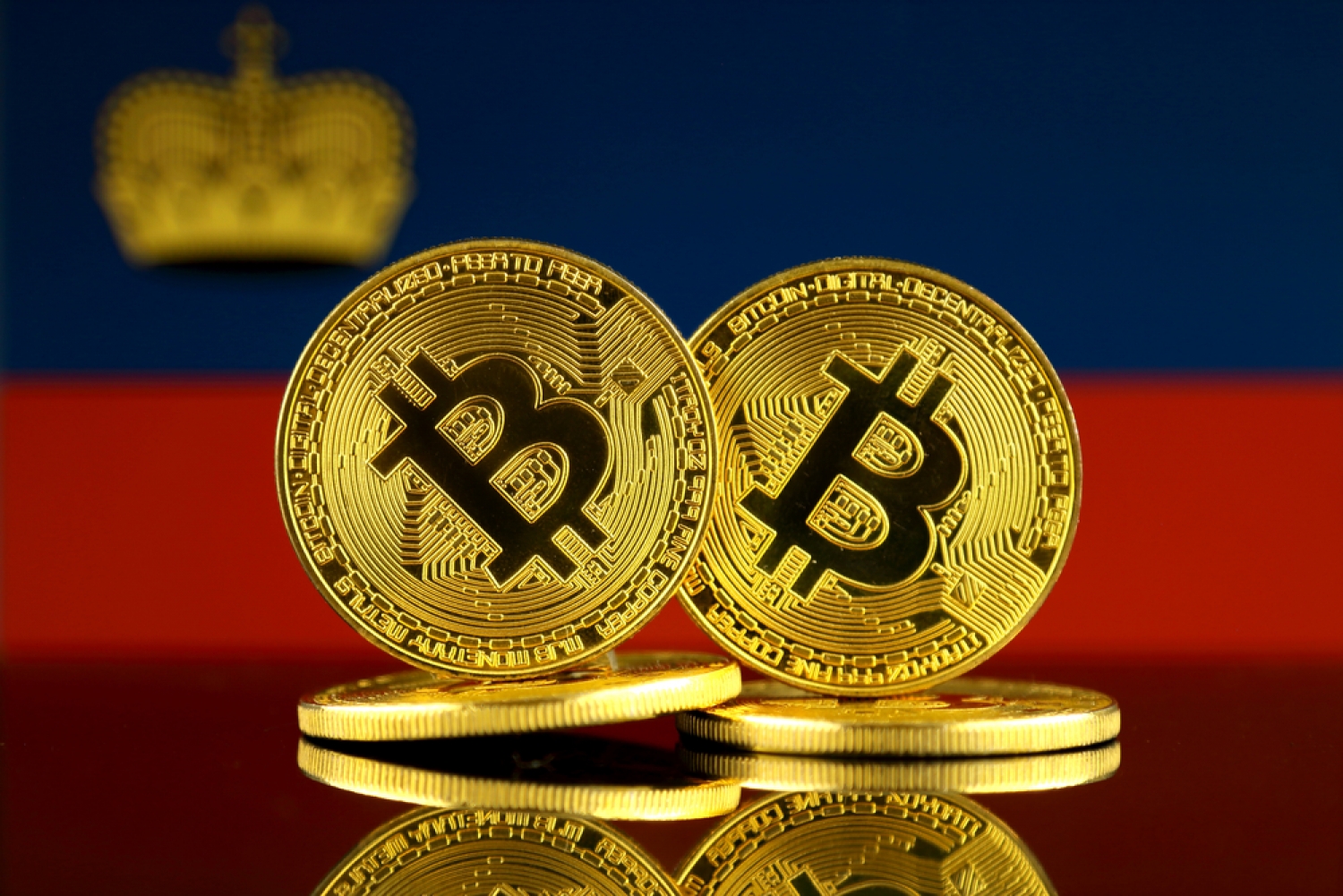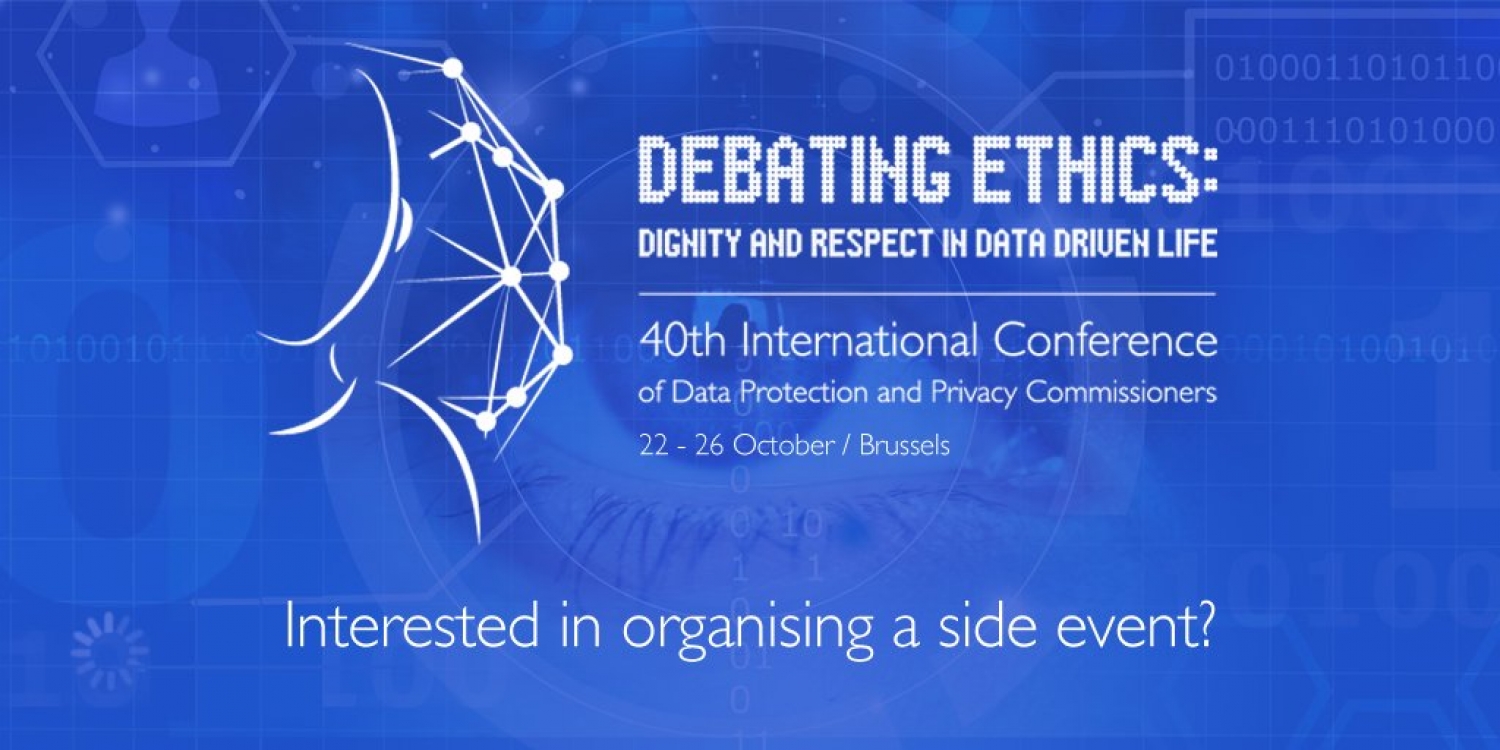
CRYPTOINDUSTRY LEGISLATION (22)
Cryptoindustry legislation.
SEC STATEMENT ON “FRAMEWORK FOR INVESTMENT CONTRACT ANALYSIS OF DIGITAL ASSETS”
Written by Aleksandr PodobnykhApril 3, 2019. Public Statement. Bill Hinman, Director of Division of Corporation Finance; Valerie Szczepanik, Senior Advisor for Digital Assets and Innovation.
Blockchain and distributed ledger technology can catalyze a wide range of innovation. They have seen these technologies used to create financial instruments, sometimes in the form of tokens or coins that can provide investment opportunities like those offered through more traditional forms of securities. Depending on the nature of the digital asset, including what rights it purports to convey and how it is offered and sold, it may fall within the definition of a security under the U.S. federal securities laws.
As part of a continuing effort to assist those seeking to comply with the U.S. federal securities laws, FinHub is publishing a framework for analyzing whether a digital asset is offered and sold as an investment contract, and, therefore, is a security. The framework is not intended to be an exhaustive overview of the law, but rather, an analytical tool to help market participants assess whether the federal securities laws apply to the offer, sale, or resale of a particular digital asset. Also, the Division of Corporation Finance is issuing a response to a no-action request, indicating that the Division will not recommend enforcement action to the Commission if the digital asset described in the request is offered or sold without registration under the U.S. federal securities laws.
This framework represents Staff views and is not a rule, regulation, or statement of the Commission. The Commission has neither approved nor disapproved its content. This framework, like other Staff guidance, is not binding on the Divisions or the Commission. It does not constitute legal advice, for which you should consult with your own attorney. It does not modify or replace any existing applicable laws, regulations, or rules. Market participants are encouraged to review all the materials published on FinHub...
Source: SEC.gov
2019 EXAMINATION PRIORITIES: OFFICE OF COMPLIANCE INSPECTIONS AND EXAMINATIONS
Written by Bederov IgorWashington D.C., Dec. 20, 2018 - The Securities and Exchange Commission's Office of Compliance Inspections and Examinations (OCIE) today announced its 2019 examination priorities. OCIE publishes its exam priorities annually to promote transparency of its examination program and provide insights into the areas it believes present potentially heightened risk to investors or the integrity of the U.S. capital markets. This year, particular emphasis will be on digital assets, cybersecurity, and matters of importance to retail investors, including fees, expenses, and conflicts of interest.
OCIE is steadfast in its commitment to protect investors, ensure market integrity and support responsible capital formation through risk-focused strategies that improve compliance, prevent fraud, monitor risk, and inform policy. They believe our ongoing efforts to improve risk assessment and maintain an open dialogue with market participants advance these goals to the benefit of investors and the U.S. capital markets.
This year, OCIE's examination priorities are broken down into six categories:
1. compliance and risk at registrants responsible for critical market infrastructure;
2. matters of importance to retail investors, including seniors and those saving for retirement;
3. FINRA and MSRB;
4. digital assets;
5. cybersecurity; and
6. anti-money laundering programs.
The published priorities for 2019 are not exhaustive and will not be the only issues OCIE addresses in its examinations, Risk Alerts, and investor and industry outreach. While the priorities drive OCIE’s examinations, the scope of any examination is determined through a risk-based approach that includes analysis of the registrant’s operations, products offered, and other factors.
The collaborative effort to formulate the annual examination priorities starts with feedback from examination staff, who are uniquely positioned to identify the practices, products, and services that may pose significant risk to investors or the financial markets. OCIE staff also seek advice of the Chairman and Commissioners, staff from other SEC divisions and offices, and the SEC's fellow regulators.
OCIE is responsible for conducting examinations of entities registered with the SEC, including more than 13,200 investment advisers, approximately 10,000 mutual funds and exchange traded funds, roughly 3,800 broker-dealers, about 330 transfer agents, seven active clearing agencies, 21 national securities exchanges, nearly 600 municipal advisors, FINRA, the MSRB, the Securities Investor Protection Corporation, and the Public Company Accounting Oversight Board, among others. The results of OCIE’s examinations are used by the SEC to inform rule-making initiatives, identify and monitor risks, improve industry practices, and pursue misconduct...
Source: SEC.gov
HIGH-RISK JURISDICTIONS OF MONEY LAUNDERING, FINANCING OF TERRORISM AND WMD PROLIFERATION FINANCING (ML/FT/PF)
Written by Manuylova NatalyaFATF public statement of February 22, 2019...
Democratic People's Republic of Korea (DPRK). The FATF reaffirms its 25 February 2011 call on its members and urges all jurisdictions to advise their financial institutions to give special attention to business relationships and transactions with the DPRK, including DPRK companies, financial institutions, and those acting on their behalf. In addition to enhanced scrutiny, the FATF further calls on its members and urges all jurisdictions to apply effective counter-measures, and targeted financial sanctions in accordance with applicable United Nations Security Council Resolutions, to protect their financial sectors from money laundering, financing of terrorism and WMD proliferation financing (ML/FT/PF) risks emanating from the DPRK. Jurisdictions should take necessary measures to close existing branches, subsidiaries and representative offices of DPRK banks within their territories and terminate correspondent relationships with DPRK banks, where required by relevant UNSC resolutions.
Iran. Country will remain on the FATF Public Statement until the full Action Plan has been completed. Until Iran implements the measures required to address the deficiencies identified with respect to countering terrorism-financing in the Action Plan, the FATF will remain concerned with the terrorist financing risk emanating from Iran and the threat this poses to the international financial system. The FATF, therefore, calls on its members and urges all jurisdictions to continue to advise their financial institutions to apply enhanced due diligence with respect to business relationships and transactions with natural and legal persons from Iran, consistent with FATF Recommendation 19, including: (1) obtaining information on the reasons for intended transactions; and (2) conducting enhanced monitoring of business relationships, by increasing the number and timing of controls applied, and selecting patterns of transactions that need further examination.
Sanctions against Iran prohibit the export to Iran of nuclear, missile and a significant part of military products, foreign direct investment in Iran’s oil and gas and petrochemical industries, export of refined petroleum products, as well as any contacts with the Islamic Revolutionary Guard Corps (IRGC), banks and insurance companies, financial transactions and cooperation with the Iranian navy.
BELGIAN AUTHORITIES UPDATE BLOCKCHAIN BLACKLIST
Written by Bederov IgorThe Belgian Financial Services and Markets Authority (FSMA) has updated their ongoing list of businesses reported to operate cryptocurrency scams. With this most recent addition of 14 websites the “blockchain blacklist” has now expanded to 113 websites to avoid.
The FSMA has been updating their blacklist throughout 2018. In March, the Brussels Times reported that Belgian tax authorities had started hunting for cryptocurrency investors. “Anyone speculating on the cryptocurrency market must pay tax of 33% on gains made, and declare these within the section ‘miscellaneous income’ on their tax return,” the Times reported.
Despite warnings from the FSMA consumers continue to log complaints regarding fraudulent activity on cryptocurrency exchanges. The FMSA has warned consumers to look out for various red flags. FSMA warns...
Source: Bitcoin, Ethereum and Blockchain News | CryptoGlobe.
DRAFT-LAW ON TRANSACTION SYSTEMS BASED ON TRUSTWORTHY TECHNOLOGIES (BLOCKCHAIN ACT)
Written by Aleksandr PodobnykhSummary of the Consultation report on the Blockchain Law in Liechtenstein.
“Blockchain technology” was initially developed for Bitcoin, a private digital monetary system. Blockchain technology functions as a ledger that can securely record financial transactions. The technology can be used for much more than Bitcoin. Blockchain technology has been developed by a number of people and organisations around the world and expanded to other application areas.
Blockchain technology is important because of its ability to record “assets” such as money digitally, preventing these assets from being copied or manipulated and ensuring that they can be transferred securely between different people. The security of such transactions is ensured not by a complex organisation but rather through purely mathematical procedures (e.g. encryption technology, cryptography) and defined rules. Blockchain infrastructure is typically provided online and is available to a broad range of private individuals and companies.
The possibilities presented by blockchain technology are not merely limited to simple transfers of money between private individuals. The technology offers the opportunity for a broad range of financial services. This is noteworthy because it means the creation of digital recording of money or assets and the possibility of conducting transactions with no direct intermediary responsible. Thus, companies offering financial services on blockchain systems use generally available digital infrastructure for assets to provide their services. There are already a number of companies that offer services on the various blockchain systems available today, such as digital wallets, custodial services for crypto-currencies, exchanges for crypto-currencies, and issuing and trading crypto-securities. Blockchain technology is also used for so-called “initial coin offerings” (ICOs), which represents a new way of funding companies or projects. However, it is likely that it will be possible in future to record a much broader range of assets and other rights on blockchain systems and that a number of services related to these rights will be offered. In particular, the low costs for digital transactions will, according to experts, open up new opportunities in fields such as financial services, mobility, energy, industry, media, and many more. These applications are grouped together under what is called the “token economy”.
Because of the rapid pace of development of blockchain technology and its areas of application, it is very important to draft a law abstractly enough to ensure that it remains applicable for subsequent technology generations. That is why the term “transaction systems based on trustworthy technologies (TT systems)” is used for blockchain systems in this Law.
The increasing propagation of blockchain applications has already shown problematic areas, such as open questions related to customer and asset protection as well as the misuse of this technology for money laundering or other criminal purposes. Such issues should be addressed by means of clear regulations. Because blockchain technology is also actively used in Liechtenstein, the government aims to use this Law to clarify the applicable requirements for important activities on blockchain systems in order to improve customer protection and reduce potential reputation risks for Liechtenstein.
In addition, there is currently legal uncertainty regarding business models based on TT systems, which are not subject to financial market legislation, but which involve activities that are very similar to those in the financial sector. With the TTAct, the government aims to define the minimum requirements for these activities on TT systems and have them registered by the FMA.
The legal classification of elements on TT systems is another focus of this draft. With the “token”, the TT-Act introduces a new construct so as to enable the transition of the “real” world to TT systems in a legally secure manner and thus tap the full potential of the token economy. The introduction of the legal construct of the token in Liechtenstein Law makes it necessary to also define other legal aspects, such as ownership, possession and transfer.
To be able to shift the representation of securities from physical certificates to tokens on a TT system, the legal concept of uncertificated rights will be introduced in Liechtenstein Law and, simultaneously, an interface created between securities law and the TT-Act. Uncertificated rights are dematerialised securities which are recorded in a book-entry register rather than being issued as a certificate.
In addition, the TT-Act defines minimum requirements for a TT system in order to increase the efficiency of the token economy by building trust among users.
Because of the enormous potential of the “token economy” for large parts of the economy, the government wants with this Law to increase legal certainty for users and service providers to support the positive development of the token economy in Liechtenstein. By doing so, the government is also responding to the needs of market participants for greater legal certainty in connection with TT systems.
Source: CryptoPlace.li
REGULATIONS ON ACTIVITIES WITH TOKENS APPROVED
Written by Aleksandr PodobnykhThe Supervisory Board of the High-Tech Park in Belarus approved regulations on the activities of residents of the High-Tech Park with digital signs (tokens).
Source: Belarus Hi Tech Park.
DECLARATION ON ETHICS AND DATA PROTECTION IN ARTIFICIAL INTELLIGENCE
Written by Aleksandr PodobnykhThe Declaration on ethics and data protection in artificial intelligence was adopted at the 40th International Conference of Data Protection and Privacy commissioners (ICDPPC) on October 23.
The 40th International Conference of Data Protection and Privacy Commissioners is underway in Brussels this week. On Tuesday, the French data protection authority, the CNIL, the European Data Protection Supervisor and Italian DPA, the Garante, co-authored a new declaration on ethics and data protection in artificial intelligence. Along with the declaration's six principles, the ICDPPC, "in order to further elaborate guidance to accompany the principles," will establish "a permanent working group addressing the challenges of artificial intelligence development," an ICDPPC release states.
The working group "will be in charge of promoting understanding of and respect for the principles of the present resolution, by all relevant parties involved in the development of [AI] systems, including governments and public authorities, standardization bodies, [AI] systems designers, providers and researchers, companies, citizens and end users" of AI systems.
SWISS FINANCIAL ASSOCIATION PUBLISHES AML STANDARDS FOR DIGITAL ASSETS
Written by Aleksandr PodobnykhOn October 18, Capital Markets and Technology Association (CMTA) published AML Standarts for Digital Assets.
The standards provide guidance for the treatment of digital assets by both businesses and financial intermediaries.
As part of its mission to facilitate the adoption and use of distributed ledger technologies (DLT) in financial markets, the CMTA has developed a set of AML standards. These standards are designed to clarify for both issuers of digital assets and financial intermediaries dealing with such issuers or digital assets measures to be taken in order to comply with the Swiss regulations against money laundering and the financing of terrorism.
The standards aim to create a framework that facilitates the use of DLT – in particular blockchain technology – and the opportunities this brings to financing businesses, while preventing issuers of digital assets from being recipients of illicit funds.
CMTA’s standards have no statutory or regulatory status and are not compulsory. They represent a consensus among significant actors in the financial sector as to how applicable rules and regulations can be complied with and more generally an expression of good practice for the treatment of digital assets.
Source: CMTA - The Capital Markets and Technology Association.
О КОСАтка
Корпоративная система аналитики Транзакция Криптовалюта Актив - кибербезопасность инфраструктуры блокчейнов и антифрод в криптовалютной сфере (антискам, прозрачность, комплаенс).
Связаться
Российская Федерация, Москва
Тел.: +7 (911) 999 9868
Факс:
Почта: cosatca@ueba.su
Сайт: www.ueba.su

